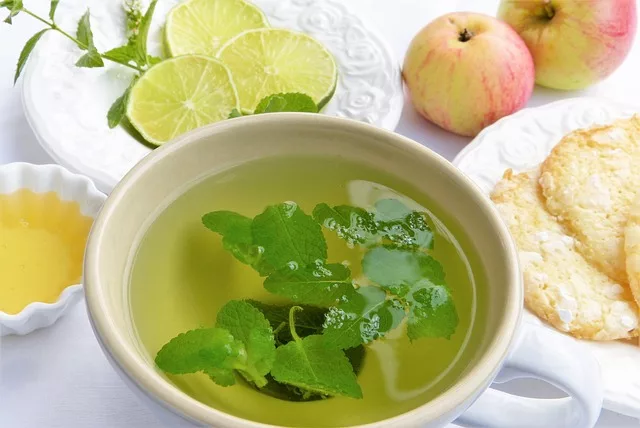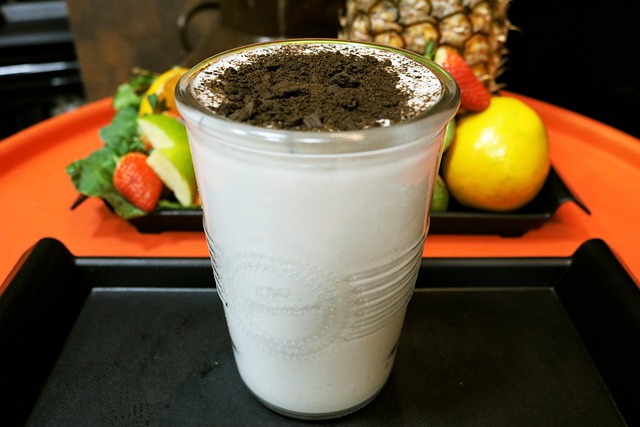Herbal teas have been cherished for centuries for their soothing aroma, delightful flavors, and numerous health benefits. These caffeine-free infusions offer a natural and refreshing way to support overall health and wellness. In this article, we will explore the various benefits of herbal teas and introduce the top three herbal teas for general health and well-being.
The Benefits of Herbal Teas
- Antioxidant Powerhouse: Herbal teas are rich in antioxidants, which help protect the body from oxidative stress caused by free radicals. Antioxidants promote cell health and support the immune system, reducing the risk of chronic diseases and promoting overall well-being.
- Calming and Relaxing: Many herbal teas possess calming properties that can help reduce stress, anxiety, and promote relaxation. Sipping a warm cup of herbal tea can be a soothing ritual that aids in unwinding and promoting a sense of tranquility.
- Digestive Support: Several herbal teas have digestive benefits, helping to soothe the stomach, relieve indigestion, and ease gastrointestinal discomfort. They can also aid in digestion and support a healthy gut microbiome.
- Hydration: Herbal teas provide a hydrating alternative to sugary beverages or caffeinated drinks. Staying properly hydrated is essential for overall health, and herbal teas offer a flavorful and nutritious way to meet daily hydration needs.
- Aromatic and Flavorful: Herbal teas come in a wide range of delightful flavors and aromas, making them an enjoyable and refreshing beverage choice. From floral and fruity to earthy and spicy, there is an herbal tea to suit every taste preference.
Top 3 Herbal Teas for Wellness
- Chamomile Tea: Chamomile tea is renowned for its calming properties, making it an excellent choice for relaxation and promoting better sleep. It can help soothe anxiety, reduce inflammation, aid digestion, and provide relief from menstrual cramps.
- Peppermint Tea: Peppermint tea is refreshing and invigorating, offering multiple health benefits. It aids digestion, relieves bloating and stomach discomfort, and can help alleviate headaches. The cooling effect of peppermint tea also provides relief from congestion and sinus-related issues.
- Ginger Tea: Ginger tea is known for its warming and soothing properties. It aids digestion, reduces nausea, and alleviates inflammation. Ginger tea is often consumed to relieve symptoms of colds, flu, and sore throat due to its immune-boosting properties.
Adding herbal teas into your daily routine can be a delightful way to support general health and well-being. Herbal teas offer a range of health advantages. Consider adding chamomile tea for relaxation, peppermint tea for digestive support, and ginger tea for immune-boosting properties to your collection of herbal teas.
Water, Milk and More
-

Are Plant-Based Protein Drinks Good Alternative to Milk?
With the rising popularity of plant-based diets and the growing awareness of environmental and health concerns associated with dairy consumption, plant-based protein drinks have emerged as a prominent alternative to traditional milk. Derived from various plant sources like soy, almond, pea, and hemp, these beverages are promoted for their nutritional content, ethical appeal, and environmental…
-

Why Herbal Teas and Which Are the Best for Wellness
-

Coconut Water vs. Sports Drinks: Which One is Better for You?
-

Drink Coconut Water for Max Hydration and Energy
-

How to Support Fluid Balance with Natural Diuretics
-

The Impact of Coffee on Hydration: Myths vs Facts
-

Symptoms of Dehydration and How to beat it








Leave a Reply